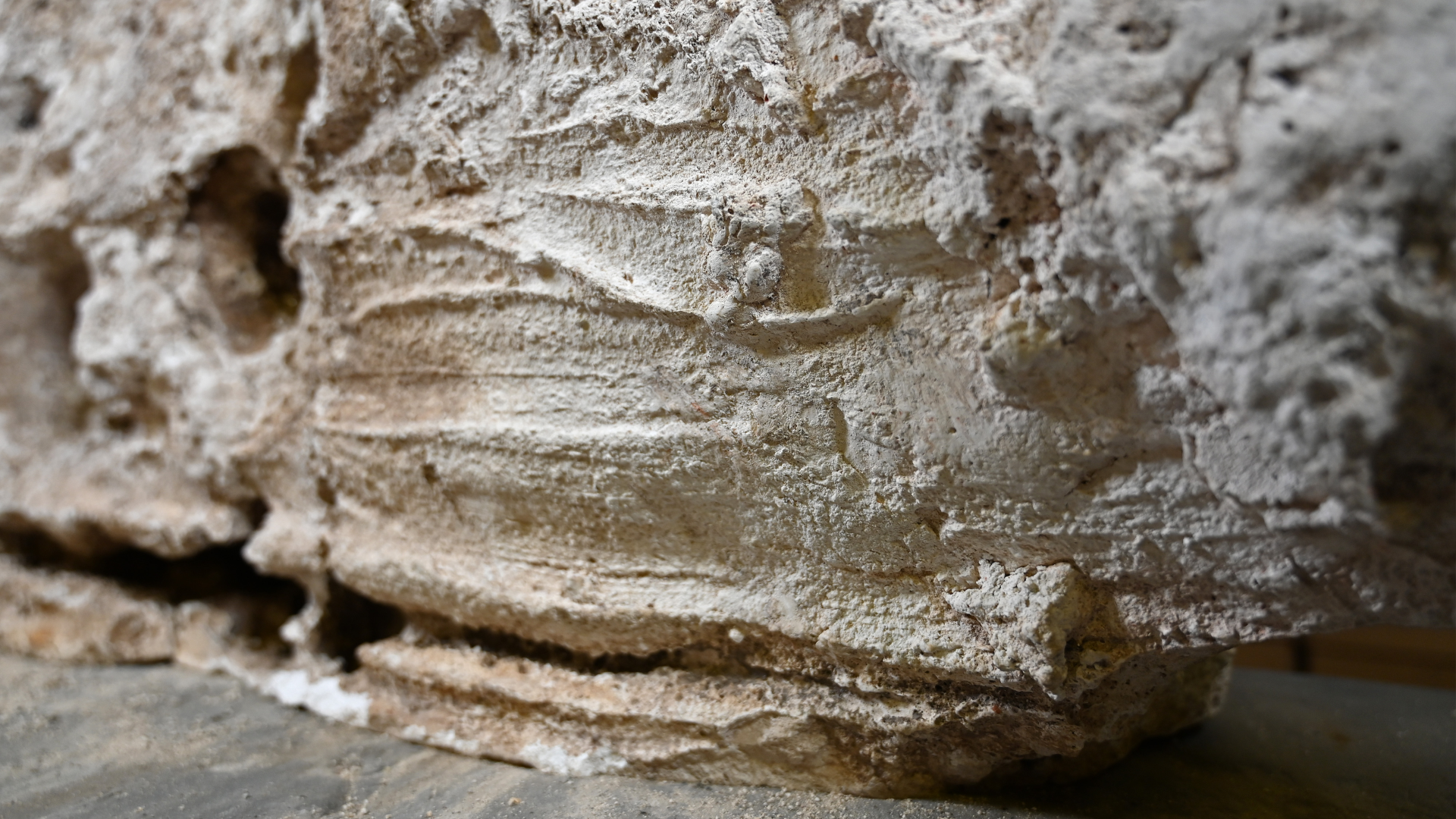Surprisingly, Hurricanes Avoid U.S. Landfall in 2010

While the 2010 Atlantic hurricane season has been a busy one, these ferocious storms have largely left the United States alone — an unusual situation, as it turns out.
Since 1900, there is no precedent of an Atlantic hurricane season with 10 or more hurricanes where none has struck the United States, according to storm researcher Adam Lea of the University College London — but that's exactly what happened this year.
Lea has been working on developing graphical mapping products of tropical cyclone wind hazards for the insurance industry and noticed that there seems to have been a drop in landfall events in the United States as a result of his research over the last few years.
"It's quite unusual to have so much activity in the tropical Atlantic with so little impact on the United States," said Robert Henson, author of "The Rough Guide to Weather" (Rough Guides, 2002) and writer for the University Corporation for Atmospheric Research (UCAR). "This year, there were two systems that brought hurricane-force winds to Canada, two hurricane landfalls in Belize, and one in Mexico, yet no hurricanes reached the United States."
The reason for this recent lack of hurricanes is due to different weather patterns.
"The Azores/Bermuda high has been located further east than usual, and there has been anomalous low pressure over the U.S. East Coast," Lea said. "This pattern means that storms tend to get steered by upper-level troughs which steer storms away from the U.S. coastline into the open Atlantic. In addition, there has been anomalous high pressure over the U.S. Gulf Coast, which has deflected storms into Mexico or towards Cuba."
Lea's information comes from the UNISYS hurricane track dataset. According to Lea, while landfall events before 1950 were possibly underestimated, there is no season prior to that time that even comes close to having 10 hurricanes with no U.S. landfalls.
Get the world’s most fascinating discoveries delivered straight to your inbox.
During his research, Lea also determined that:
- Since Hurricane Ike (in 2008), there have been 16 consecutive hurricanes that haven’t had U.S. landfalls. The last time such a sequence happened was between Irene (in 1999) and Lili (in 2002) with 22 consecutive hurricanes that avoided U.S. landfalls, , and between Hurricanes Allen (in 1980) and Alicia (in 1983) with 17 consecutive hurricanes that avoided U.S. landfalls.
- The time period of 2006 through 2010 is one of only three five-year consecutive periods without a U.S. major hurricane landfall (the other two such periods were 1901 to1905 and 1936 to 1940). There has never been a six-year period without a U.S. major hurricane landfall.
- Historically, one in four Atlantic hurricanes strikes the U.S. as a hurricane.
As for what this current dearth of landfalling hurricanes might mean for future hurricane seasons, that's up in the air.
"Each year has its own prevailing weather patterns during hurricane season, so it would be impossible to draw conclusions about future hurricane seasons from this year alone," Henson said.
- A History of Destruction: 8 Great Hurricanes
- What U.S. Cities Are Most Vulnerable to Hurricanes?
- Why Do Hurricanes Often Curve Out to Sea?
This article is provided by OurAmazingPlanet, a sister site of LiveScience.


